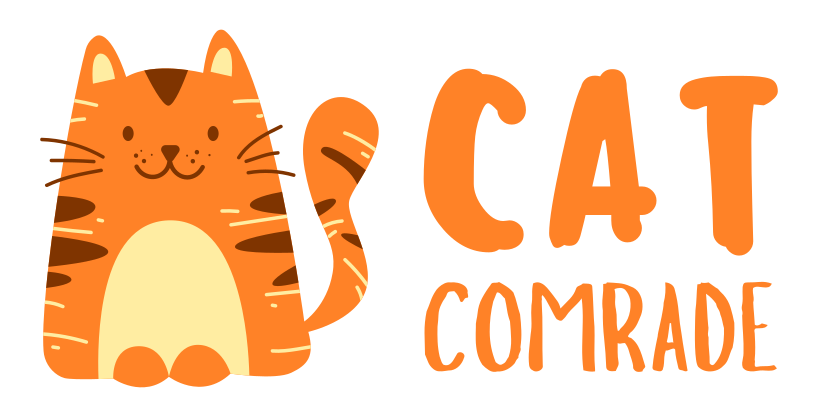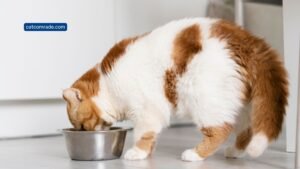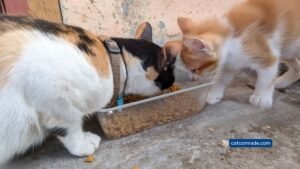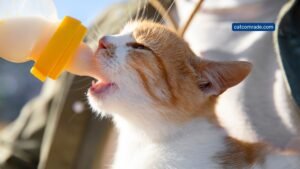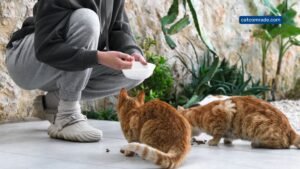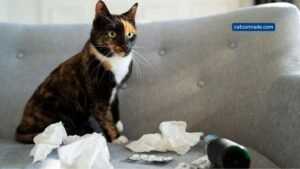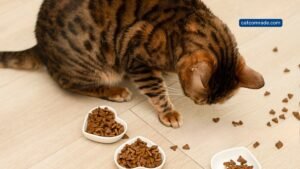What Not to Feed a Cat With Hyperthyroidism: Essential Diet Warnings
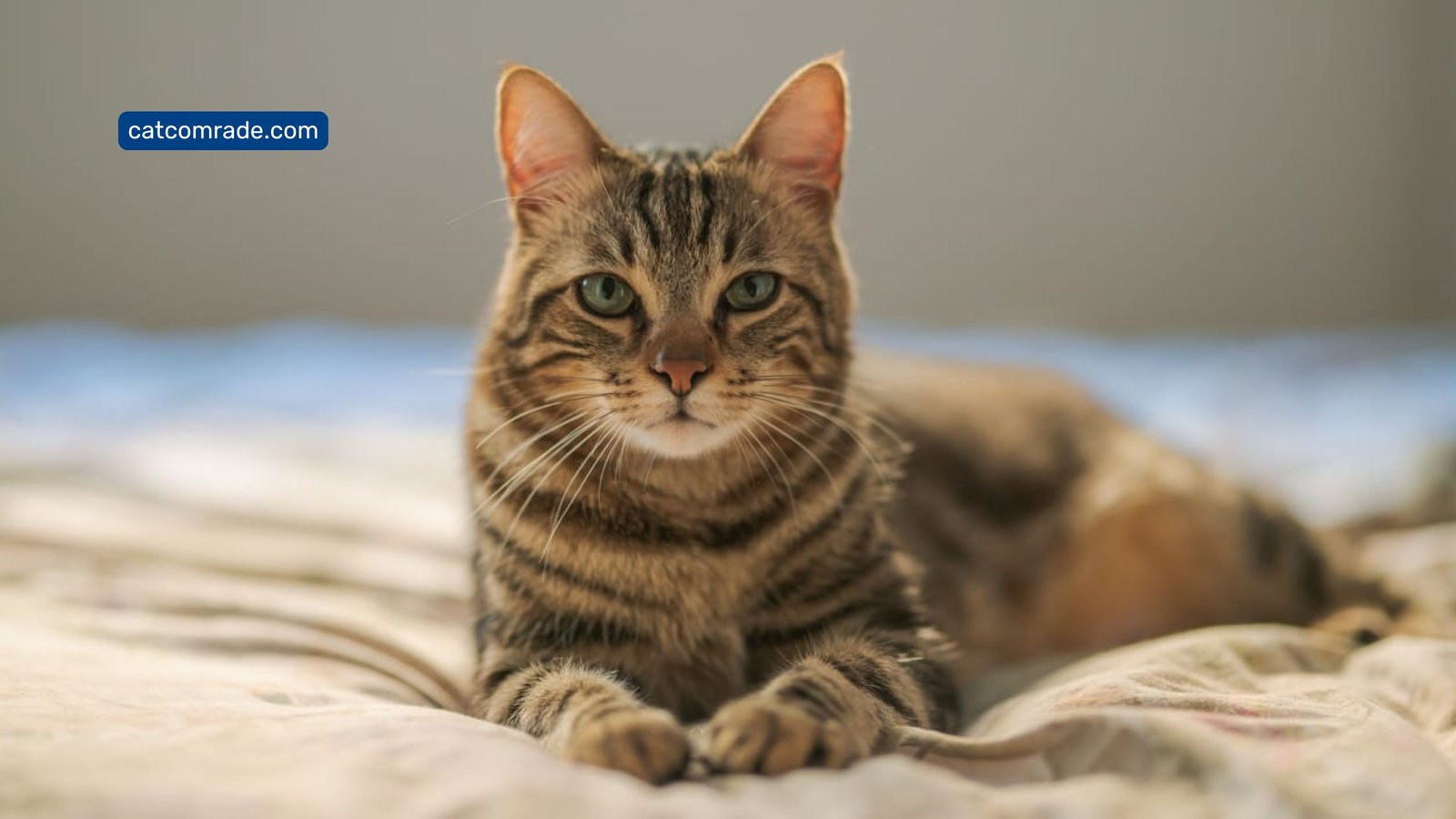
If your cat has hyperthyroidism, what you feed them matters more than ever. Giving your furry friend the wrong foods can make their condition worse and cause serious health problems.
You want to help your cat feel better and live a longer, happier life. But how do you know which foods to avoid?
Keep reading, because what you learn here could make a big difference in your cat’s health and comfort.
Don’t risk feeding them something harmful—discover the key foods you should never give to a cat with hyperthyroidism.
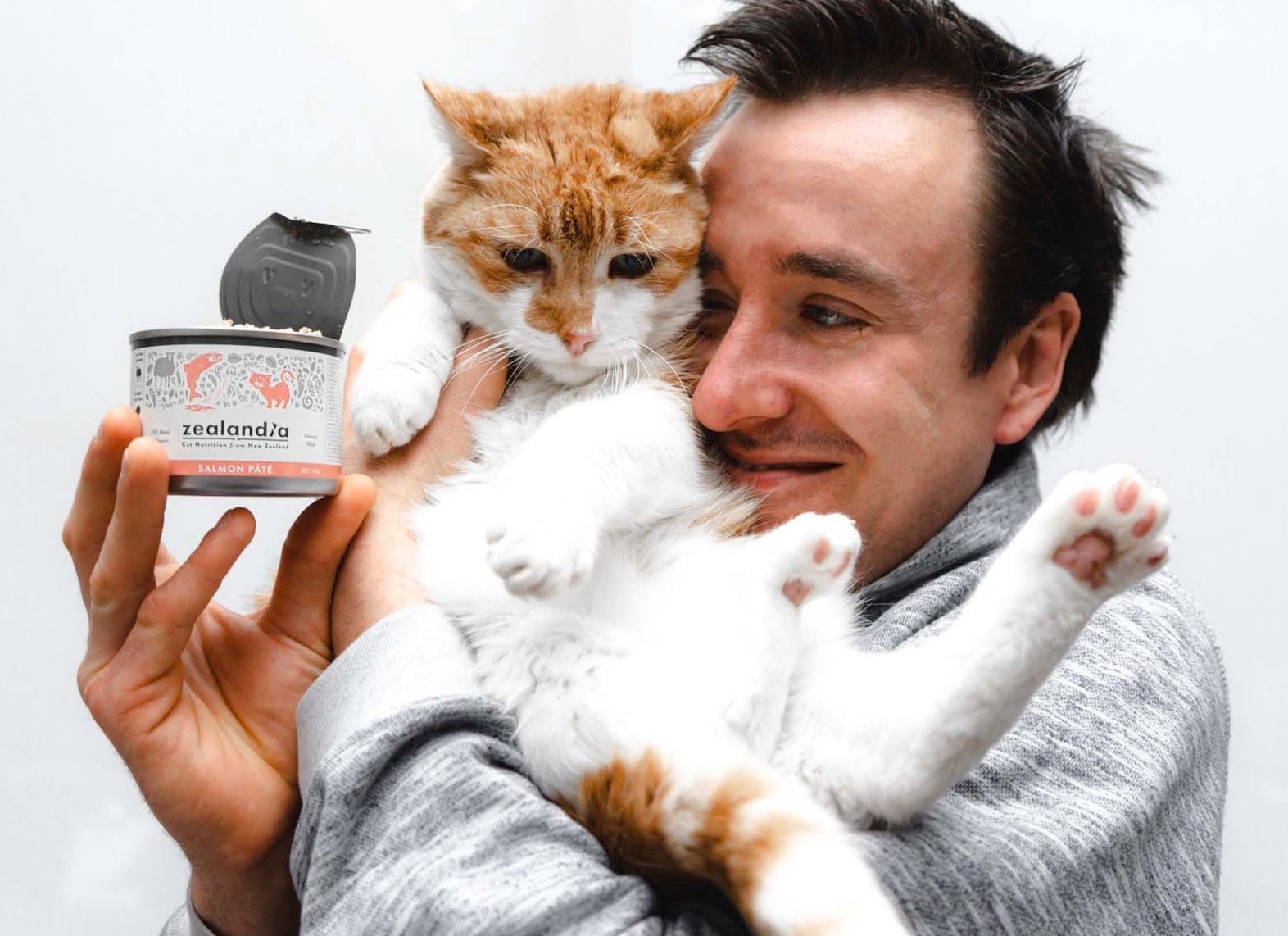
Credit: www.zealandiapets.com
Foods To Avoid With Hyperthyroid Cats
Feeding a cat with hyperthyroidism requires careful attention to diet. Certain foods can make the condition worse. Avoiding these foods helps manage symptoms and supports your cat’s health.
Knowing which foods to avoid is important. Some ingredients increase thyroid activity. Others add stress to your cat’s body. Feeding the right diet makes a big difference.
High Iodine Ingredients
Iodine plays a key role in thyroid function. Too much iodine can worsen hyperthyroidism. Avoid foods rich in iodine like seaweed and fish oils.
These ingredients stimulate the thyroid gland too much. Keep iodine intake low to help balance hormone levels.
Excessive Protein Sources
High protein foods can strain a hyperthyroid cat. Too much protein forces the body to work harder. This can increase metabolism and cause weight loss.
Limit protein from red meat and dairy. Choose moderate protein levels to support overall health.
Processed And Canned Foods
Processed and canned cat foods often contain harmful additives. They may include high salt and preservatives. These can raise blood pressure and harm kidneys.
Avoid feeding these foods regularly. Fresh, natural ingredients are safer and healthier for your cat.
Foods With Artificial Additives
Artificial colors, flavors, and preservatives can irritate your cat’s system. These additives may trigger allergic reactions or digestive issues.
Stay clear of snacks and treats with artificial ingredients. Natural, simple foods reduce risk and promote healing.
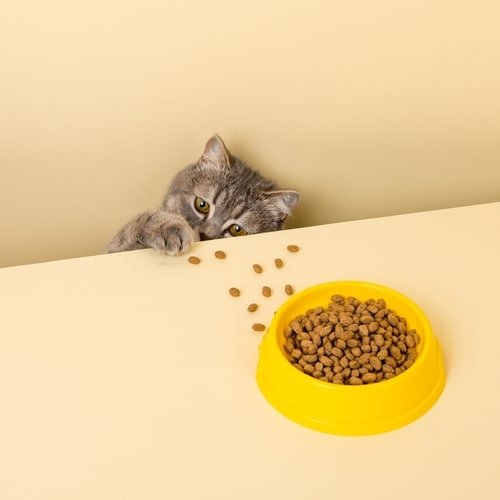
Credit: www.pd.com.au
Dangerous Human Foods For Hyperthyroid Cats
Hyperthyroid cats have sensitive health needs. Their diet must avoid harmful foods. Some common human foods can cause serious problems.
These foods affect their thyroid and overall health negatively. Knowing which foods to avoid helps keep your cat safe and healthy.
Certain ingredients in everyday foods are toxic to cats. These can worsen hyperthyroidism symptoms or cause new health issues.
Keep dangerous human foods far from your cat’s reach. Understanding these risks is key to proper care.
Onions And Garlic
Onions and garlic contain compounds harmful to cats. They can damage red blood cells and cause anemia. Even small amounts are dangerous.
Avoid feeding your cat any foods with onions or garlic. This includes powders and cooked dishes.
Chocolate And Caffeine
Chocolate and caffeine have substances toxic to cats. These can cause heart problems and nervous system issues.
Hyperthyroid cats are more sensitive to these effects. Never let your cat eat chocolate or drinks with caffeine.
Grapes And Raisins
Grapes and raisins may cause kidney failure in cats. The exact toxic substance is unknown but very harmful.
Even a small amount can be dangerous. Keep grapes and raisins completely away from your hyperthyroid cat.
Dairy Products
Many cats are lactose intolerant. Dairy products can cause upset stomach and diarrhea. Hyperthyroid cats need gentle digestion.
Avoid giving milk, cheese, or yogurt to your cat. Stick to vet-approved foods for better health.
Risks Of Feeding Inappropriate Diets
Feeding a cat with hyperthyroidism the wrong diet can cause serious health problems. Cats with this condition have special needs.
Giving them food that is not right may make their symptoms worse. It can also affect their overall health and wellbeing.
Choosing the wrong diet risks damaging important body functions. It can harm the thyroid, kidneys, and body weight.
Understanding these risks helps protect your cat’s health.
Impact On Thyroid Function
Some foods can increase thyroid hormone levels. High iodine content may make hyperthyroidism worse. This forces the thyroid to work harder.
It can lead to more symptoms like weight loss and restlessness. Avoid foods that are high in iodine or unbalanced for thyroid health.
Effects On Kidney Health
Hyperthyroid cats often have kidney problems. Diets high in protein or phosphorus can stress kidneys. This can speed up kidney damage.
Poor kidney function causes toxins to build up in the body. Feeding kidney-friendly food helps protect these organs and supports healing.
Potential For Weight Loss Or Gain
Wrong diets can cause sudden weight changes. Too many calories may lead to unhealthy weight gain. Too few calories cause dangerous weight loss.
Both extremes weaken a cat already stressed by hyperthyroidism. Balanced nutrition is key to keeping a healthy weight.
Safe Alternatives To Avoided Foods
Choosing the right foods is key for cats with hyperthyroidism. Avoiding harmful ingredients helps control the disease. Safe alternatives support your cat’s health and energy.
These options provide essential nutrients without raising thyroid activity. Feeding safe foods can improve your cat’s quality of life.
Low-iodine Protein Options
Proteins low in iodine help manage hyperthyroidism well. Fresh chicken, turkey, and lean beef are good choices.
These meats provide protein without excess iodine. Avoid seafood as it often contains high iodine levels.
Cook meats thoroughly to ensure safety and digestibility.
Natural And Whole Ingredients
Whole foods keep your cat’s diet simple and clean. Fresh vegetables like carrots and green beans offer fiber and vitamins.
Avoid processed foods with additives or artificial flavors. Natural ingredients support digestion and overall health.
Always introduce new foods slowly and watch for reactions.
Specialized Hyperthyroid Cat Diets
Some pet food brands offer diets made for hyperthyroid cats. These diets control iodine and other nutrients carefully.
They help stabilize thyroid function while providing balanced nutrition. Consult your vet to find the best diet for your cat.
Follow feeding guidelines to get the best results.
Tips For Managing Cat’s Diet
Managing a cat’s diet is key to controlling hyperthyroidism. Careful food choices help keep your cat healthy and comfortable.
Knowing what to avoid and how to introduce new foods supports better treatment results.
Simple diet changes can reduce stress on your cat’s thyroid. Watch ingredients closely and make changes slowly.
These steps help your cat accept the new diet without issues.
Reading Pet Food Labels
Check labels for iodine levels. High iodine can worsen hyperthyroidism. Avoid foods with added iodine or fish meals.
Look for low-iodine options instead. Protein source matters too. Choose real meat over by-products.
Avoid fillers like corn and wheat that offer little nutrition.
Consulting A Veterinarian
Your vet knows your cat’s health best. Ask about special diets for hyperthyroid cats. They can recommend prescription foods or supplements.
Discuss any new food before starting it. Regular check-ups help adjust diet as needed.
Gradual Food Transition Strategies
Switch foods slowly over 7 to 10 days. Mix old and new food in increasing amounts. Sudden changes can upset your cat’s stomach.
Watch for vomiting or diarrhea during transition. Patience helps your cat accept new meals calmly.
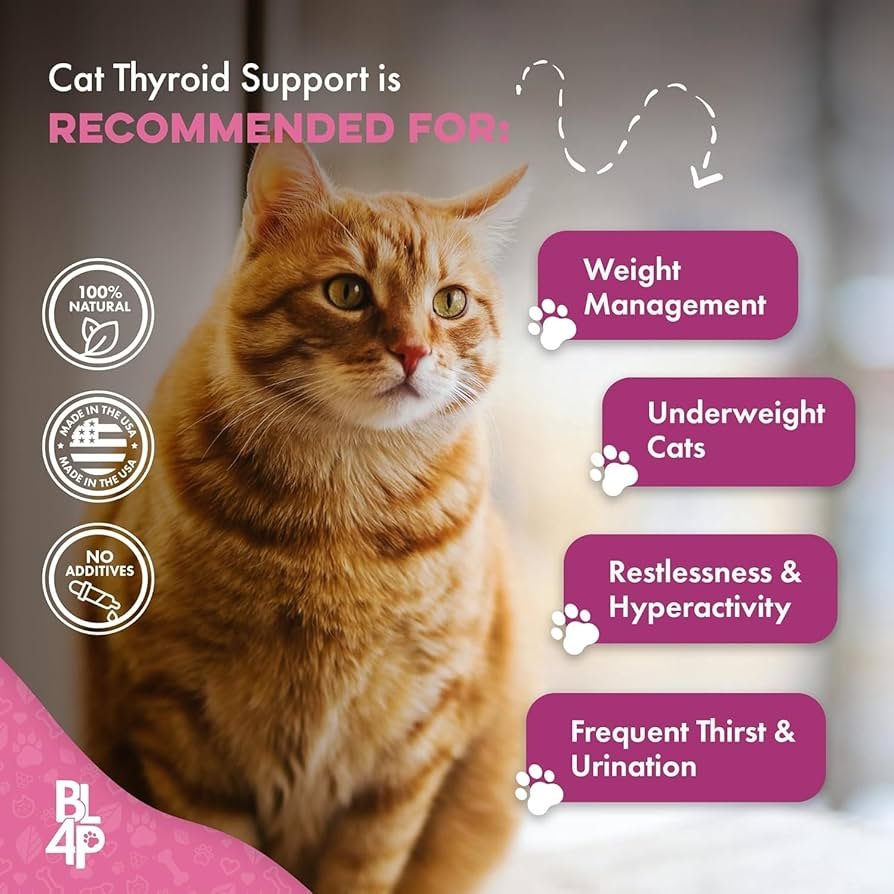
Credit: www.amazon.com
Frequently Asked Questions
What Foods Worsen Hyperthyroidism In Cats?
Foods high in iodine or rich in fish oils can worsen hyperthyroidism. Avoid feeding your cat tuna, sardines, or excessive liver.
These ingredients can stimulate thyroid hormone production, complicating the condition and making management harder.
Can Dairy Products Harm Cats With Hyperthyroidism?
Yes, dairy products can be hard to digest for cats and may cause stomach upset.
They do not directly affect thyroid levels but can reduce overall nutrient absorption, which is vital for cats managing hyperthyroidism.
Is It Safe To Feed Raw Fish To Hyperthyroid Cats?
No, raw fish contains an enzyme that destroys vitamin B1, leading to deficiency. It also has high iodine levels, which can exacerbate hyperthyroidism. Cooked fish in moderation is a safer choice.
Why Avoid High-iodine Foods For Hyperthyroid Cats?
Iodine directly influences thyroid hormone production. High-iodine foods can increase hormone levels, worsening hyperthyroid symptoms.
Limiting iodine intake helps control the disease and supports treatment effectiveness.
Conclusion
Avoid feeding cats with hyperthyroidism foods high in iodine and caffeine. These can worsen their condition and cause harm.
Stick to vet-approved diets and fresh water. Watch your cat’s health and behavior every day. Good nutrition helps manage symptoms and keeps them comfortable.
Careful food choices support your cat’s well-being. Keep learning about their needs and consult your vet often. Small changes make a big difference in their life.
